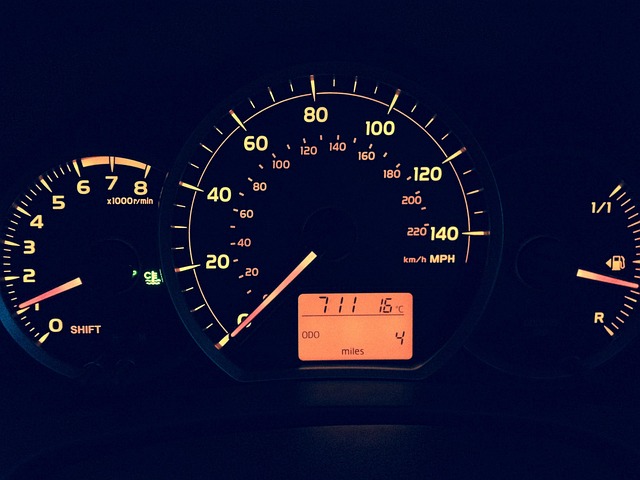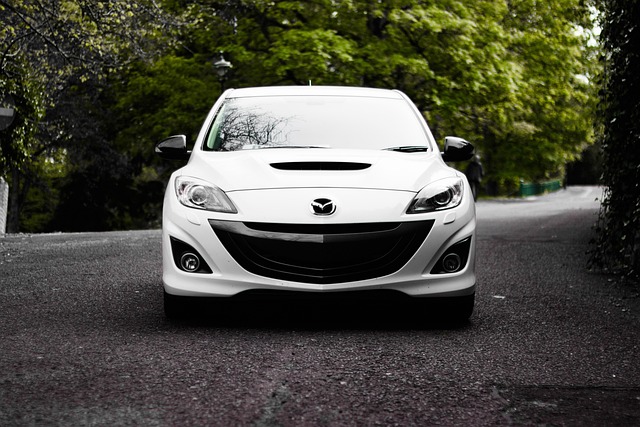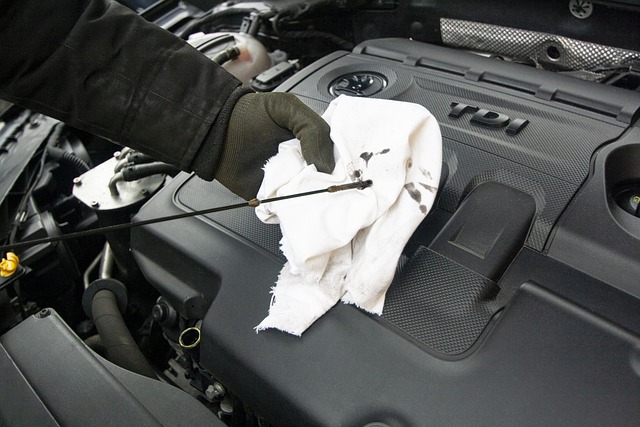
Kilometers to Miles Per Hour
Understanding Kilometers to Miles Per Hour
Ah, speed! The thrill of the open road, the rush of wind in your hair, and the constant debate on whether to measure it in kilometers per hour (km/h) or miles per hour (mph). It’s a topic that can spark heated discussions, especially among road trip enthusiasts and international travelers. But fear not! This guide will help you navigate the conversion between these two units of speed without losing your mind—or your way.
Why Do We Use Different Units?
First, let’s address the elephant in the room: why do we even have two different units for speed? Well, it all boils down to geography and history. In many parts of the world, including Europe and most of Asia, kilometers per hour is the standard. Meanwhile, the United States and a few other countries prefer miles per hour. Think of it as the metric system versus the imperial system—like a friendly rivalry, but instead of sports teams, it’s all about speed.
How to Convert Kilometers to Miles
Now, onto the fun part—conversion! The formula to convert kilometers per hour to miles per hour is straightforward. You simply multiply the speed in kilometers by 0.621371. So, if you’re cruising at 100 km/h, here’s the math:
- 100 km/h x 0.621371 = 62.1371 mph
Easy, right? Just remember that this is not a math test—no one’s grading your work! If you prefer a quicker method, there are plenty of online converters that can do the heavy lifting for you. Just type in the speed, and voilà! Instant conversion.
Common Speeds and Their Conversions
For those who don’t want to whip out the calculator every time they see a speed limit sign, here’s a handy list of common speeds and their conversions:
- 50 km/h = 31 mph
- 80 km/h = 50 mph
- 100 km/h = 62 mph
- 120 km/h = 74 mph
Now you can impress your friends with your newfound knowledge of speed conversions! Just don’t be that person who shouts out random numbers while everyone else is trying to enjoy the ride. We all know that person, and they’re usually not invited back.
Why It Matters
Understanding these conversions is not just for trivia night or impressing your friends; it can also be crucial for safety. If you’re driving in a country that uses kilometers per hour, knowing how to convert to miles per hour can help you stay within the speed limit and avoid those pesky speeding tickets. Plus, it’s always good to know what’s happening on the road, right?
Conclusion
So there you have it! Kilometers to miles per hour made simple. Whether you’re planning a road trip across Europe or just trying to figure out if you’re speeding on the freeway, knowing how to convert these units can make your journey a lot smoother. And remember, no matter how fast you’re going, it’s not about the speed—it’s about the adventure along the way. Happy travels! 🚗💨

















 Rocker Arms
Rocker Arms 
 Health
Health  Fitness
Fitness  Lifestyle
Lifestyle  Tech
Tech  Travel
Travel  Food
Food  Education
Education  Parenting
Parenting  Career & Work
Career & Work  Hobbies
Hobbies  Wellness
Wellness  Beauty
Beauty  Cars
Cars  Art
Art  Science
Science  Culture
Culture  Books
Books  Music
Music  Movies
Movies  Gaming
Gaming  Sports
Sports  Nature
Nature  Home & Garden
Home & Garden  Business & Finance
Business & Finance  Relationships
Relationships  Pets
Pets  Shopping
Shopping  Mindset & Inspiration
Mindset & Inspiration  Environment
Environment  Gadgets
Gadgets  Politics
Politics 